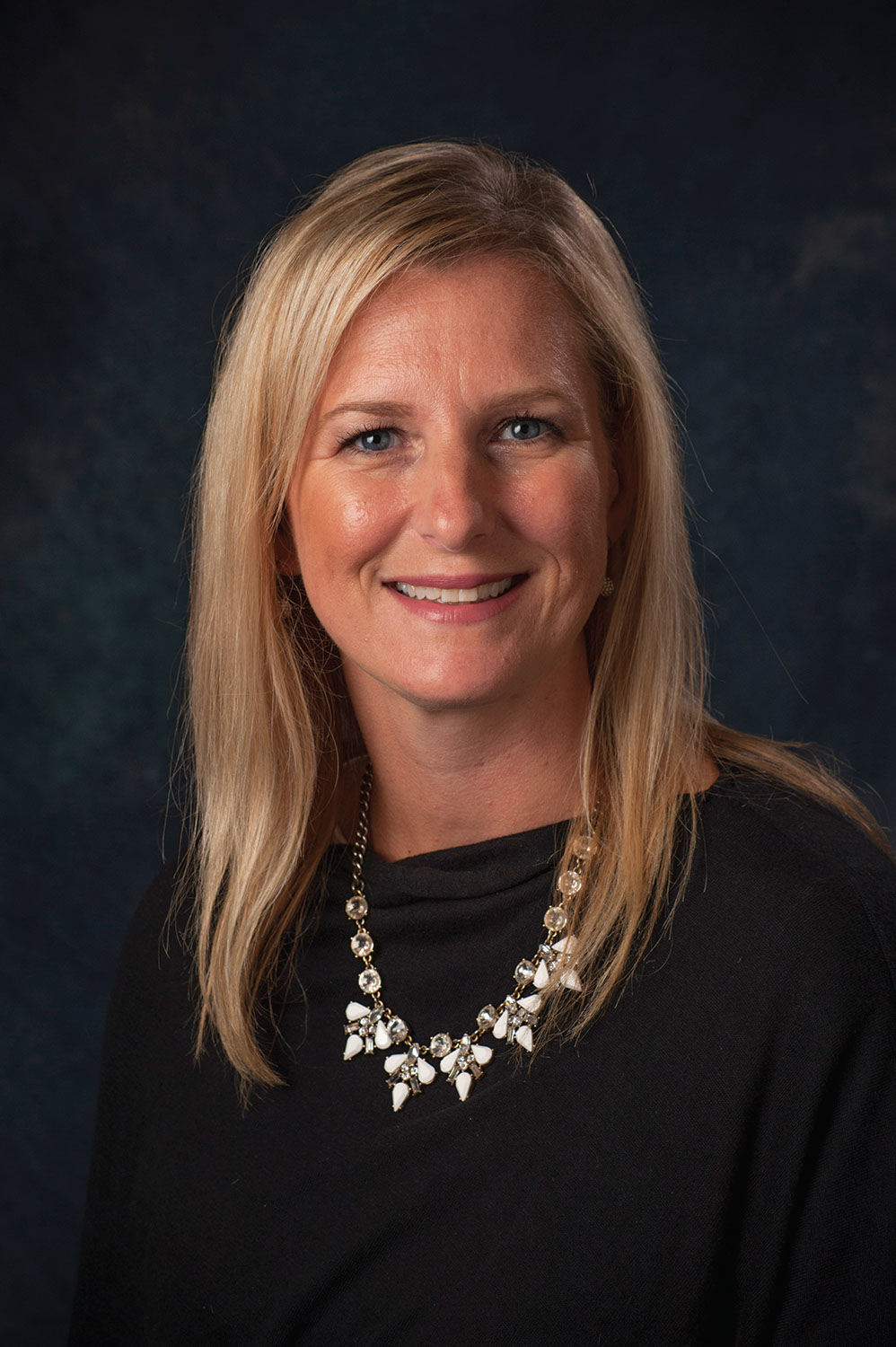Nursing Informaticists Are the Backbone of Technology-Driven Care
Emerging healthcare technologies require a significant investment in time, money, and training. It starts with ensuring that quality improvement efforts are consistent to support positive clinical and patient outcomes, which is why clinical and information technology (IT) representation is critical in making decisions and exploring solutions. Nursing informatics bridges that gap.

Nurse informaticists facilitate communication between clinical and IT staff. They speak two languages—technology and health care—and focus specifically on developing strategies for health IT procurement, implementation, maintenance, and optimization in collaboration with other clinical and operational leaders.
As the focus moves to integration and expansion to other functionalities, such as patient portals, secure messaging, increased mobility, and enhanced reporting, nursing informatics optimizes workflows and technology use. Nurse informaticists walk the floor, sit in the room, and watch how providers are using technology so they can identify problems or gaps and develop solutions. They support patient data analysis and identify trends and correlations that enable clinical decision-making.
Nurse informaticists embrace patient safety, optimize care, and support clinical nurses. They are problem solvers committed to ensuring that nursing teams are trained on available resources.
They’re also involved in policy, using their voices at the national level to advocate for issues that affect them and their communities. New technologies and approaches to clinical care are constantly evolving, and having a nursing informatics perspective ensures the success of expanding telehealth and other technologies.
With their variety of responsibilities, one misconception about nurse informaticists is that they are no longer nurses. Although nurse informaticists typically leave the bedside, they are and always will be nurses who understand the clinical environment. They’ve simply shifted into a role where their primary goal is to use data to improve patient care. Another common misconception is that they are nurses who solely fix computers. Nurse informaticists are not simply tech support but rather a bridge to bringing advanced technology to nurses’ daily work, improving workflows, and streamlining documentation.
Any licensed RN can become (https://www.allnursingschools.com/nursing-informatics) an informaticist by earning a bachelor’s degree in a relevant field such as health information technology or healthcare informatics. However, 66% of respondents for the 2020 HIMSS Nursing Informatics Workforce Survey reported (https://www.himss.org/resources/himss-nursing-informatics-workforce-survey) that they had a master’s-level degree, which is especially important if you intend to advance (https://www.allnursingschools.com/nursing-informatics) to informatics leadership roles.
For many nurses, the pathway to informatics is driven either by frustration with the system they were using or by a personal situation where better documentation would have greatly improved care. Nurses can further their knowledge by getting involved in IT projects or testing and training with their institution’s systems to become highly proficient. From there, seek out specific certifications (https://www.nursingworld.org/our-certifications/informatics-nurse) like RN-BC. Nurse informaticists colleagues are also an amazing resource for those who want to learn more about the role.
As healthcare technology becomes more advanced, specialized, and connected, faster than ever, all nurses need an understanding of informatics.
